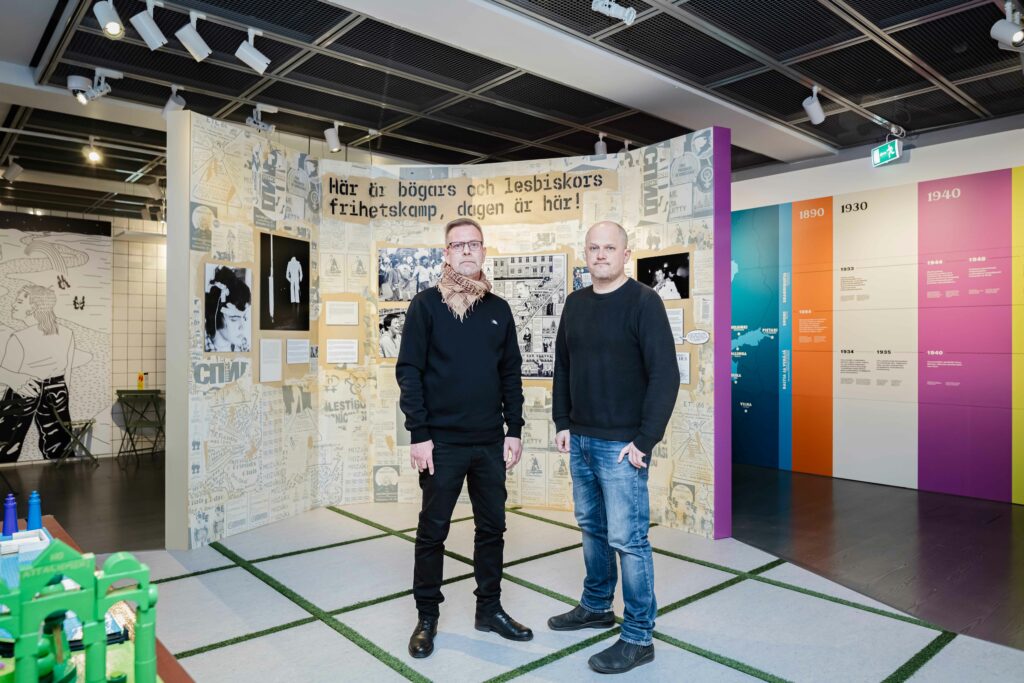Helsinki City Museum highlights experiences of LGBTQAI+ migrants
Helsinki City Museum highlights the experiences of sexual and gender minorities in an exhibition on LGBTQAI+ migration in the Baltic Sea region from the 1960s to the present day.
Why have people belonging to sexual and gender minorities moved from one country to another? Where does the Baltic Sea unite and where does it divide? These questions will be explored in the City Museum’s new exhibition M/S Baltic Queers – Experiences of LGBTQAI+ Migration, which opens on 15 November. It highlights the diverse life experiences of people who have emigrated from Finland, Sweden, Denmark, Russia and the Baltic states.
The exhibition is based on dozens of interviews with expatriates and returnees. The experiences collected range from the 1960s to the present-day reality in the Baltic Sea region. The journey towards a freer atmosphere begins in the terminal, where the departure stories of four immigrants are on display, read by actors, along with material related to their departure and migration. From there, the exhibition goes on to explore love, friendship, activism, identity building and gay tourism. You can explore the theme in more depth through content such as videos, photographs and letters written by private persons.
The exhibition features a sound installation, Looking for Love, composed by producer Minna Koivisto and saxophonist Linda Fredriksson, inspired by the personal ads collected for the exhibition. The duo have created a soft and inviting soundscape where, in addition to traditional musical composition, you can hear a variety of communication sounds, such as Morse code, handwriting and dating app sounds.
Estonian artist Jaanus Samma’s installation Riga Postcards is inspired by the diaries of Latvian artist Kaspars Irbe (1906–1996), which chronicle the life of a gay man in Latvia in different decades. These diaries also form the basis of Latvian designer Rūta Jumīte’s installation about Irbe’s trip to Leningrad in 1968. The exhibition also features drawings from the graphic novel Homo Line by the Finland-Swedish artist Edith Hammar.
The exhibition is curated by non-fiction author and journalist Antti Järvi and visual artist Kalle Hamm. “The exhibition looks at migration from a new angle and a queer perspective. We wanted to collect oral and cultural history that has been overlooked, while at the same time highlighting the social circumstances that have influenced people’s choices. It was not so long ago that Finland, too, had a more narrow-minded atmosphere,” the curators say.

Kalle Hamm and Antti Järvi talk about the background for the exhibition on a curator tour on Saturday 16th November at 15:00. The guided tour is in Finnish. Photo: Sami Saastamoinen / Helsinki City Museum.
The City Museum offers a safe space to be seen
Visitors will also have the opportunity to share their own queer stories at the events accompanying the exhibition. During the opening weekend, an intergenerational reminiscing workshop will take place in the lobby of the City Museum, where you can bring photos to be archived. The event will also feature the Crush[ing] performance. You can explore the Helsinki of the early 20th century from a queer perspective on guided tours departing from the Vanha kirkkopuisto park on Tuesday 19 November and 26 November at 17:00.
The exhibition designer is Kristian Palmu, with Nina Andelin as the graphic designer and Eero Salmio as the producer. Some of the events are organised in cooperation with Friends of Queer History. The exhibition has received funding from the Kone Foundation and the Nordic Culture Point.
M/S Baltic Queers – Experiences of LGBTQAI+ Migration
15 November 2024–2 March 2025
Helsinki City Museum, 4th floor
Aleksanterinkatu 16
Free entrance
Open Mon–Fri 11:00–19:00 and Sat–Sun 11:00–17:00
Photos: Sami Saastamoinen / Helsinki City Museum





